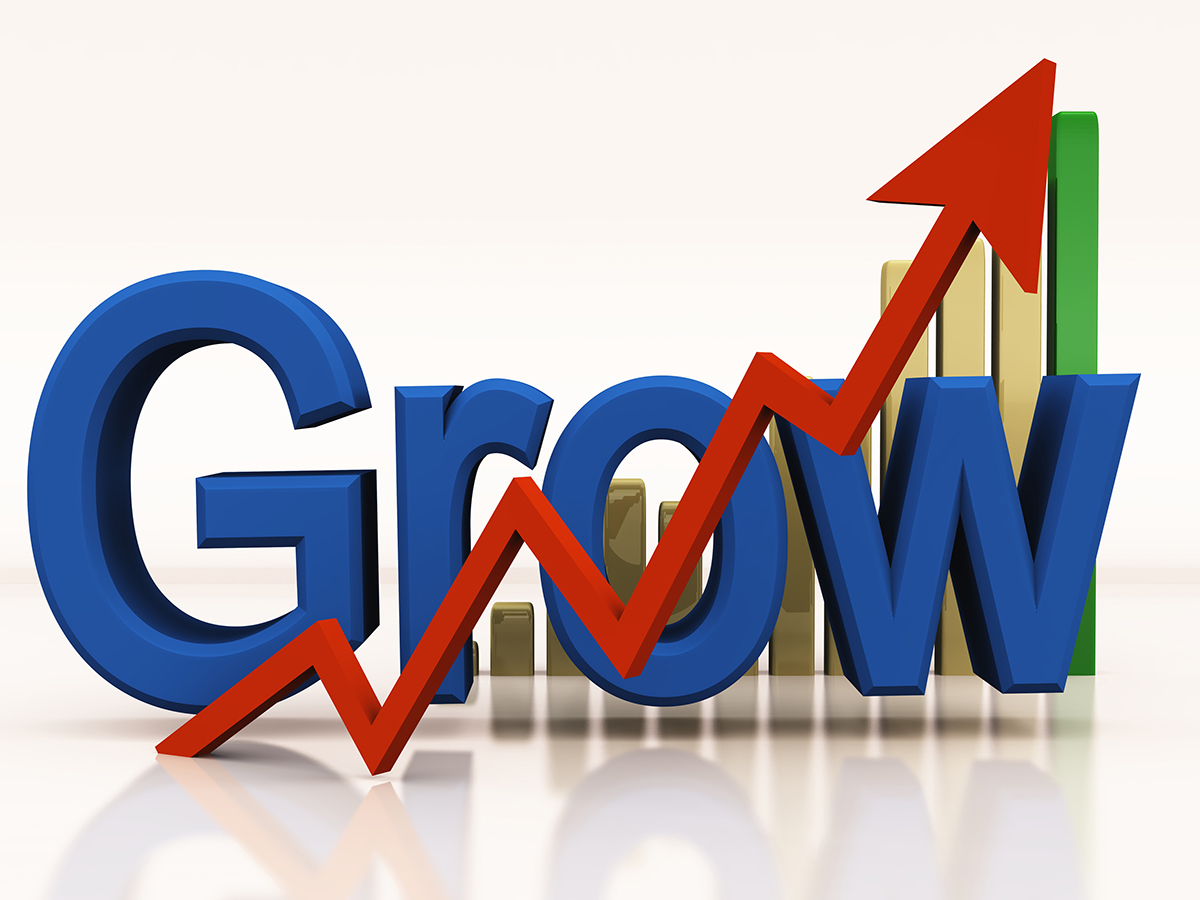
What’s Wrong With Our Economy? OCD
There are several good reasons to laud Clifford Cobb, Ted Halstead, Jonathan Rowe and The Atlantic magazine for this piece:
If the GDP Is Up, Why Is America Down?
By most measures the U.S. economy is quite healthy. We seem to have recovered quite nicely from the Great Recession which began in 2008. Unemployment down, the longest period of sustained job growth on record, stock market up. GDP in positive growth territory. Yet in this presidential election year, GOP candidates are promising to fix the “terrible” economy over which current U.S. President (D) Barack Obama presides. Even Democratic presidential candidate Bernie Sanders is promising to right problems with this economy. “…something is profoundly wrong,” he has stated.
The authors, members of an organization called Redefining Progress, dig into the fascinating paradox: if the economy is doing so well, why is there so much dissatisfaction? Why do so many feel they are not better off?
“…political commentators were perplexed by a stubborn fact. The economy was performing splendidly, at least according to the standard measurements. Productivity and employment were up; inflation was under control…but the applause never came Voters didn’t feel better, even though economists said they should.”
What’s fascinating is this was written in 1995. Cobb, Halstead and Rowe were examining the challenges incumbent president Bill Clinton faced in his 1994 reelection bid.
“This strange gap between what economists choose to measure and what Americans experience became the official conundrum of the campaign season. ‘PARADOX OF ’94: GLOOMY VOTERS IN GOOD TIMES,’ The New York Times proclaimed on its front page. ‘BOOM FOR WHOM?’ read the cover of Time magazine. Yet reporters never quite got to the basic question—namely, whether the official indicators are simply wrong, and are leading the nation in the wrong direction.”
The subject is our obsession with GDP.
“Today the two political parties differ somewhat in regard to means, but neither disputes that the ultimate goal of national policy is to make the big gauge—the gross domestic product—climb steadily upward. Neither questions that a rising GDP will wash away the nation’s ills: if Americans feel unsettled despite a rising GDP, then clearly even more growth is needed.”
How interesting that here we are 22 years later, traditional measures of economic success are still out of sync with what the vast majority of our population are feeling, and we are still every bit as obsessed with GDP growth as we were then. The Atlantic Magazine piece does a splendid job of educating us about the flaws inherent in measuring well-being, even economic well-being, via GDP. It offers several lessons our society has not learned, even 22 years later.
“The problem goes much deeper than the ‘two-tiered’ economy—prosperity at the top, decline in the middle and at the bottom—that received so much attention. It concerns the very definition of prosperity itself.”
Be sure to read the entire piece, as one of its hidden gems is a very enlightening history of our obsession with GDP. But back to the lessons this obsession apparently prevents us from learning:
“Isn’t it time to ask some basic questions about the gauges that inform expert opinion, and the premises on which those gauges are based? Economic indicators are the main feedback loop to national policy. They define the economic problems that the political arena seeks to address. If the nation’s indicators of economic progress are obsolete, then they consign us to continually resorting to policies that cannot succeed because they aren’t addressing the right problems.”
Why is GDP failing us as a measure of progress? Perhaps that’s because GDP growth is NOT progress? As you probably know, GDP is a measure of economic activity. Cobb, Halstead and Rowe offer this wonderfully appropriate, simple, “duh” analogy to spotlight the problem:
“If the chief of your local police department were to announce today that “activity” on the city streets had increased by 15 percent, people would not be impressed, reporters least of all. They would demand specifics. Exactly what increased? Tree planting or burglaries? Volunteerism or muggings? Car wrecks or neighborly acts of kindness?”
Of course, there are other problems with our pursuit of increasing economic activity, particularly the pursuit at all costs (Google “limits to growth,” “overshoot,” and “uneconomic growth.”) This piece doesn’t get into those, but it explains half the problem (the wrong metric).
The fact we’re having the same conversation more than two decades after this enlightening explanation was published is strong evidence that we have, indeed, entered the era of uneconomic growth. For over three decades, with significant economic growth, we have not genuinely improved our lot. That’s because the costs of that growth have far exceeded the benefits. That’s what happens once you overshoot the optimal scale of an economy.
Safeguarding against environmental, health and safety hazards, scrubbing or otherwise avoiding increasing emissions, removing ever-higher levels of toxins from our air, water and soil, and finding ways to provide food and fresh water for growing populations all have their cost. Our worship of growth has so far prevented us from objectively examining the evidence and reaching this conclusion.
File this under “Required Reading for all Politicians, Policymakers and Journalists.”
If you appreciate our efforts to spotlight pro-growth bias and enlighten journalists and the public, please pitch in with a small, recurring, tax-deductible donation to help us cover our costs. Thank you.
Tags: economic growth, economy, gdp, sustainability
Trackback from your site.